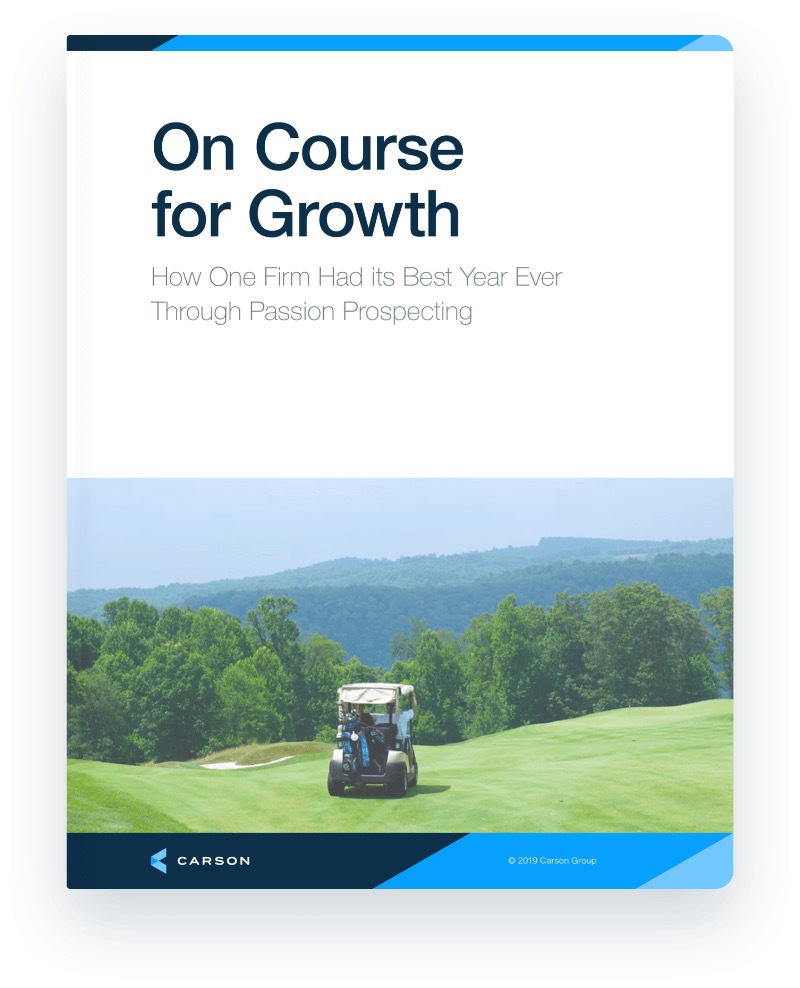It’s hard truth time: I would only personally hire roughly five to ten percent of the advisors I have ever met. That is not a good thing. In fact, when I say that out loud – or write it as I do today – it makes my heart sink. By way of comparison, of the attorneys I know – whether I went to law school, taught, or otherwise interacted with them – I would hire probably 60 to 70 percent. I truly view most attorneys as knowledgeable and professional in their area of expertise. I trust them to do the job in a competent, professional, fair and non-conflicted manner. But when it comes to financial advisors, I don’t feel the same.
I mostly just see conflict, poor training and a disheartening lack of emphasis on education. I can’t help to think that most advisors – even those with education – need more. And I don’t mean more designations, I mean more education. Who’s to blame for the current state of financial advice? It’s complicated. I can’t place much blame on the advisors. The people behind the role are good people, quality people, people that care about their clients and their work. But the industry – the sales-driven nature, the product focus for years, and the lack of any real profession to speak of – has held those people back. It also comes down to the development of financial services in the US.
Insurance sales and stock brokers were around decades before financial planning developed. Thus, the products we have aren’t built for advice, the advice is built to suit the products, which is why a lot of financial planning amounts to trying to fit a square peg in a round hole. Colleges have failed to adapt fast enough for the need. I can hardly believe the number of colleges and universities where their single largest employers are financial service companies, yet somehow, they don’t see fit to offer any financial planning program at all– no CFP® track, no insurance track, nothing! Instead, these institutions keep churning out investment specialists and hedge fund managers, with few students ever heading down that path.
The practicality that so desperately needs to be infused into our education system is so often lacking. On top of that, the rising cost of college and student loans combined with stagnant salary growth and lack of practical job training won’t work forever – a day of reckoning will come if nothing changes. Higher education needs to make institutional changes. Our country probably needs legislative changes to force the industry forward. Company training and commitment to education needs to improve. Like I said, I don’t place as much blame on advisors, but we have to look at ourselves too. We need to look at what we do as a service. We are here to serve the individual, and the individual deserves better.
Advisors need to take personal responsibility and say, “I want to be better. I want to be someone that people can’t wait to hire when they see my work ethic, expertise and skill.” I think I see improvement. I think I see a wave of young, outspoken leaders. The #fintwit community inspires me and gives me hope. But overall, I am almost embarrassed by the industry. And I still call it that: an industry. Many people I respect call it a profession – from my current boss, Ron Carson, to my former boss, Dr. Bob Johnson. I’d love to call it a profession, but I don’t believe it yet. You can disagree with me – I hope you do. But it’s not just me that doesn’t trust financial advisors, the public doesn’t either. It is one of the least trusted industries out there. In part, the work that financial services needs to do and the progress it has to make is also what makes being a part of it attractive.
We have a chance to impact millions of lives for the better and reshape an industry in need of disruption and development. Really, I want people to prove me wrong. I look forward to a time, hopefully sooner than later, when I can honestly say I would hire most of the advisors out there and can call it a profession without any hesitation.








